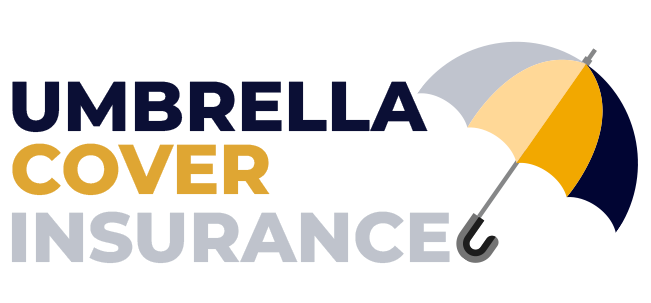Umbrella insurance coverage is a valuable addition to any insurance portfolio, providing an extra layer of protection that extends beyond the limits of your existing policies. However, many people have questions about umbrella coverage and how it works. In this article, we’ll answer some of the most common questions about umbrella coverage to help you understand its importance and how it can benefit you.
What is Umbrella Coverage?
Umbrella coverage is a type of liability insurance that provides additional protection beyond the limits of your primary insurance policies, such as auto, homeowners, or renters insurance. It offers broad coverage for liability claims, including bodily injury, property damage, and personal liability situations not covered by your underlying policies.
Why Do I Need Umbrella Coverage?
Umbrella coverage is essential for anyone who wants to protect their assets and financial future against costly liability claims. In today’s litigious society, lawsuits can arise from various situations, including car accidents, property damage, or injuries that occur on your property. Umbrella insurance provides an extra layer of protection to help cover legal expenses, settlements, and judgments that exceed the limits of your primary insurance policies.
How Much Umbrella Coverage Do I Need?
The amount of umbrella coverage you need depends on several factors, including your assets, income, lifestyle, and potential liability risks. It’s essential to assess your financial situation and determine the level of protection that will adequately safeguard your assets and future earnings. A general rule of thumb is to carry enough umbrella coverage to cover your net worth and potential future earnings.
What Does Umbrella Coverage Typically Cover?
Umbrella coverage typically provides coverage for a wide range of liability claims, including:
- Bodily injury: Medical expenses, pain and suffering, and lost wages for injured parties.
- Property damage: Repair or replacement costs for property damage caused by you or a covered family member.
- Personal liability: Legal expenses and damages resulting from lawsuits for defamation, libel, or slander.
How Much Does Umbrella Coverage Cost?
The cost of umbrella coverage varies depending on factors such as your risk profile, coverage limits, and insurance company. However, umbrella insurance is generally affordable, considering the significant amount of coverage it provides. It’s often available in increments of $1 million and typically costs a few hundred dollars per year for each million dollars of coverage.
Is Umbrella Coverage Tax-Deductible?
In most cases, umbrella insurance premiums are not tax-deductible for personal policies. However, if you use umbrella coverage for business purposes, such as protecting rental properties or a home-based business, you may be able to deduct the premiums as a business expense. Consult with a tax professional to understand the tax implications of your specific situation.
How Do I Purchase Umbrella Coverage?
To purchase umbrella coverage, you typically need to have underlying insurance policies, such as auto or homeowners insurance, with certain minimum liability limits. You can then add umbrella coverage as an additional policy through your insurance provider. Be sure to compare quotes from multiple insurers to find the best coverage and rates for your needs.

